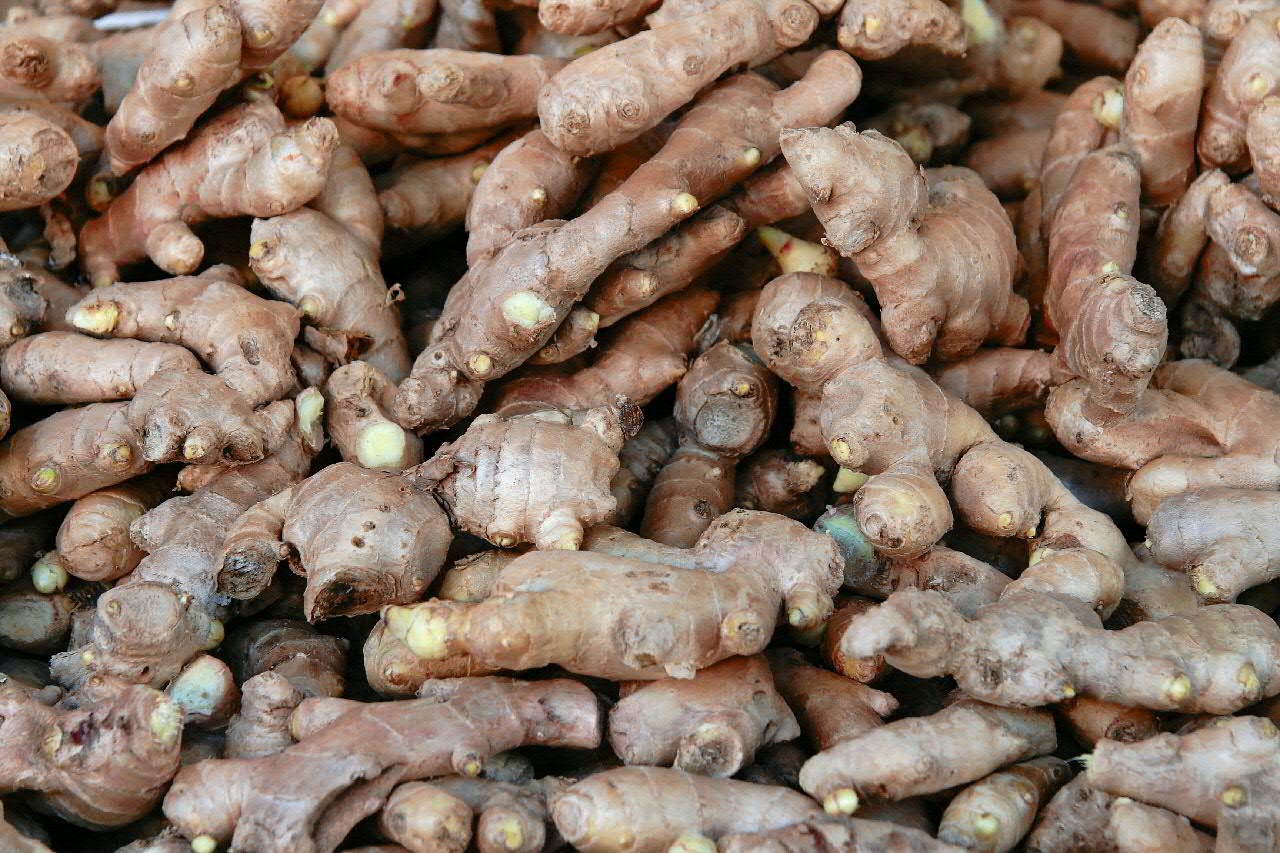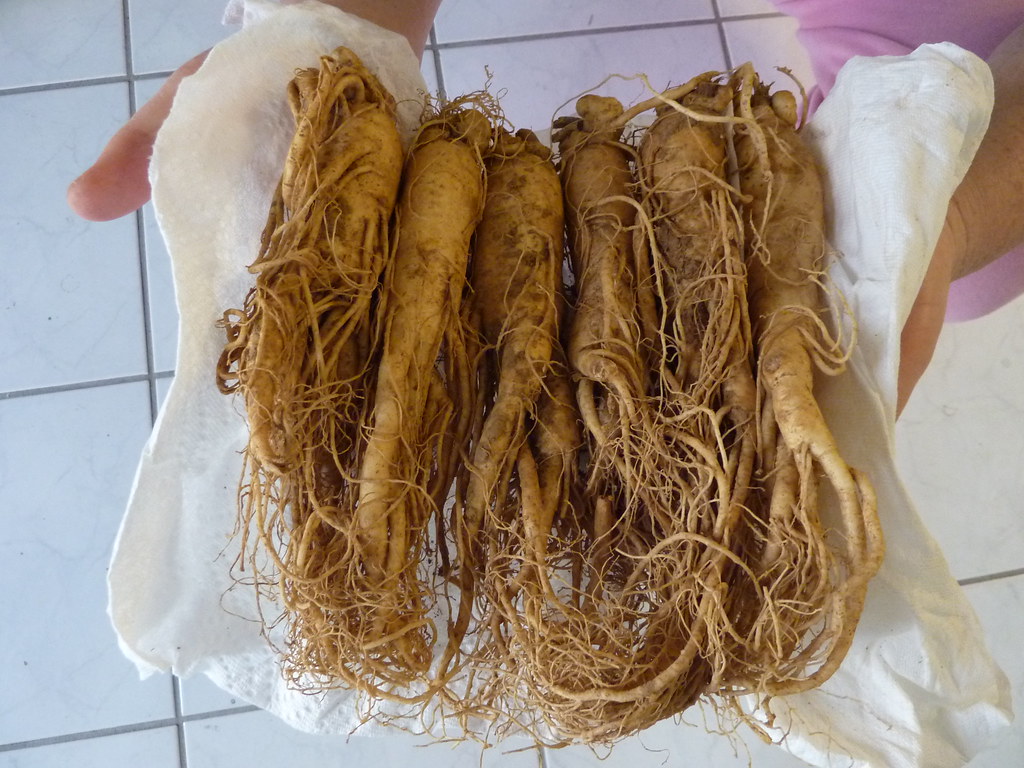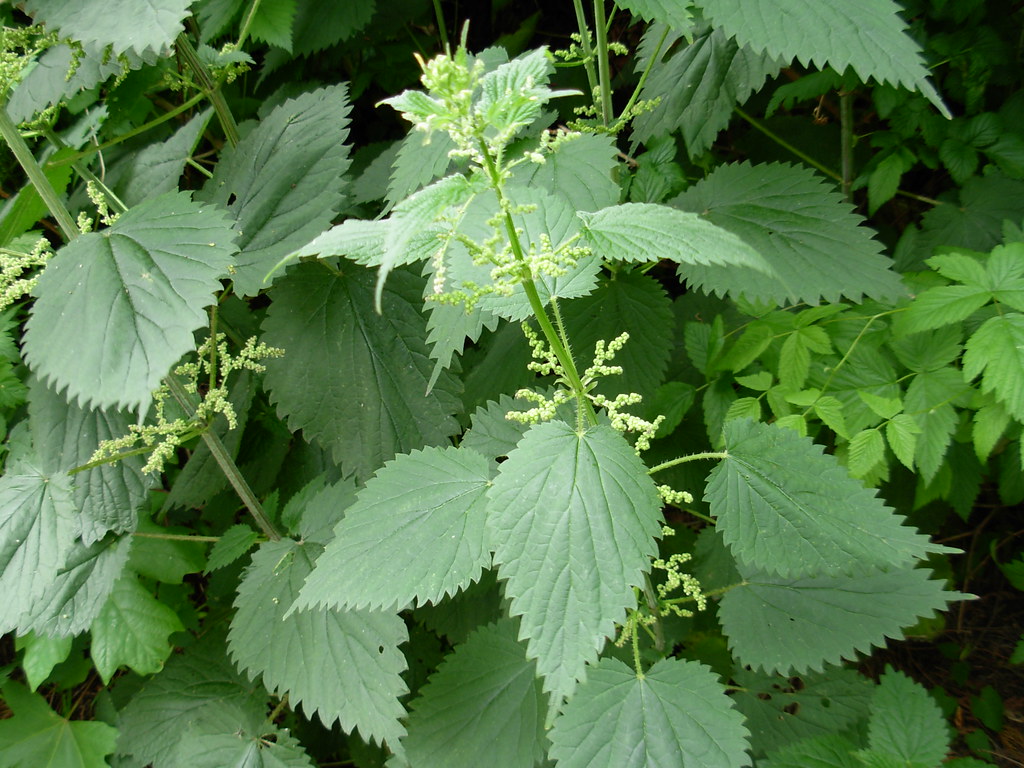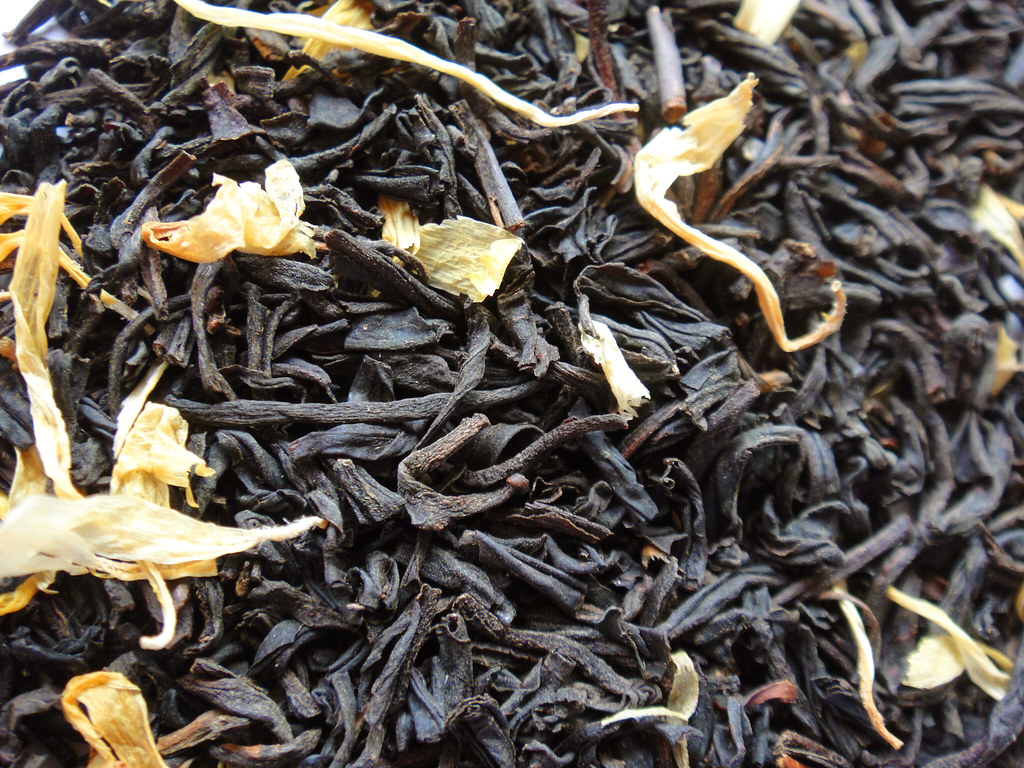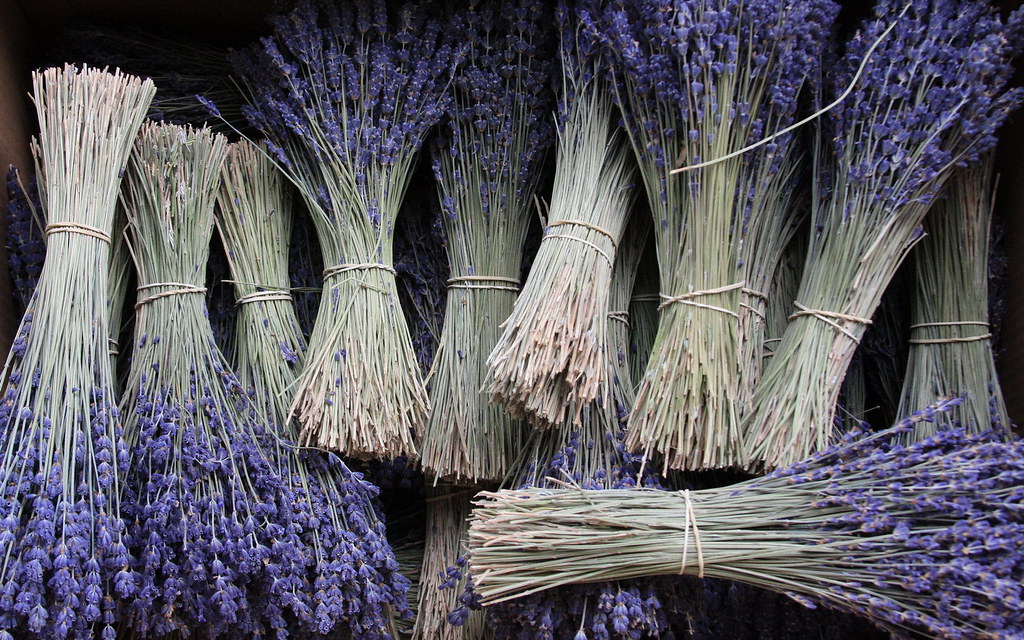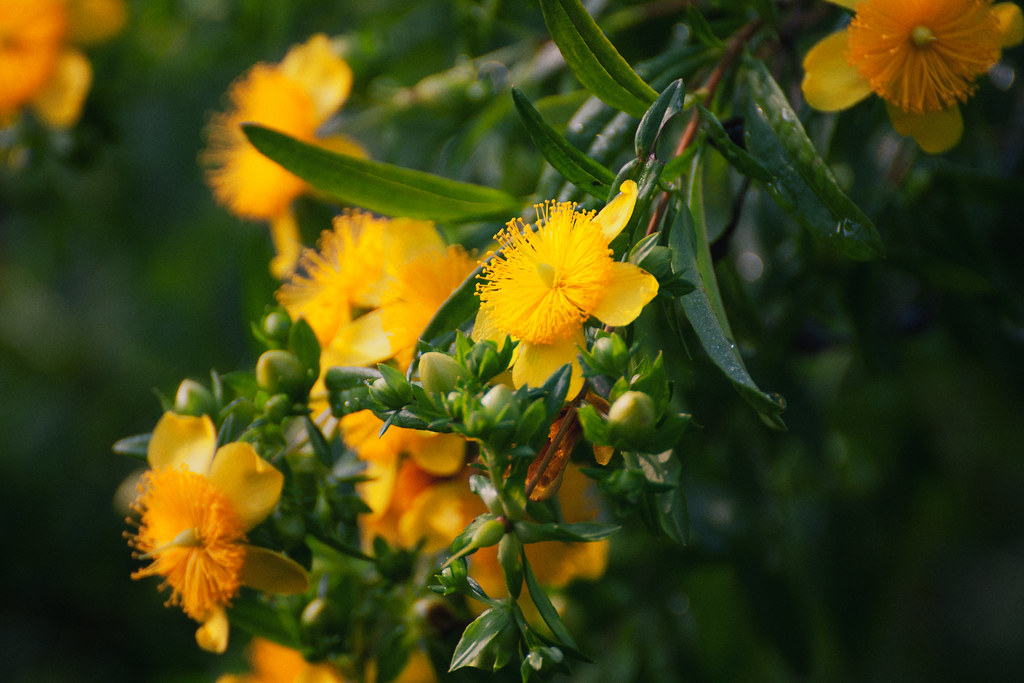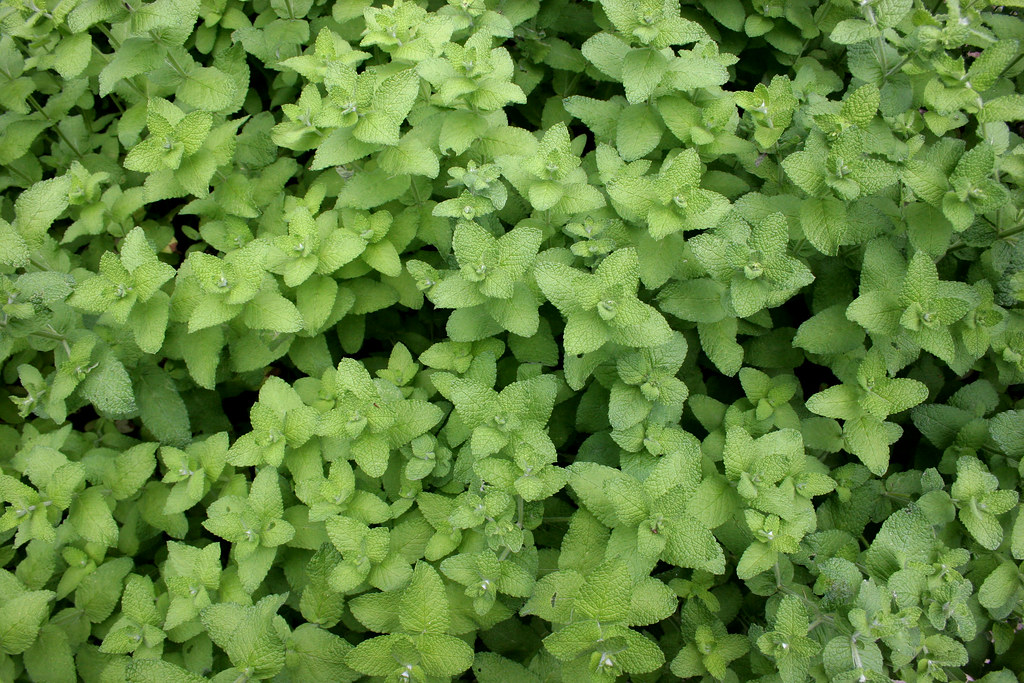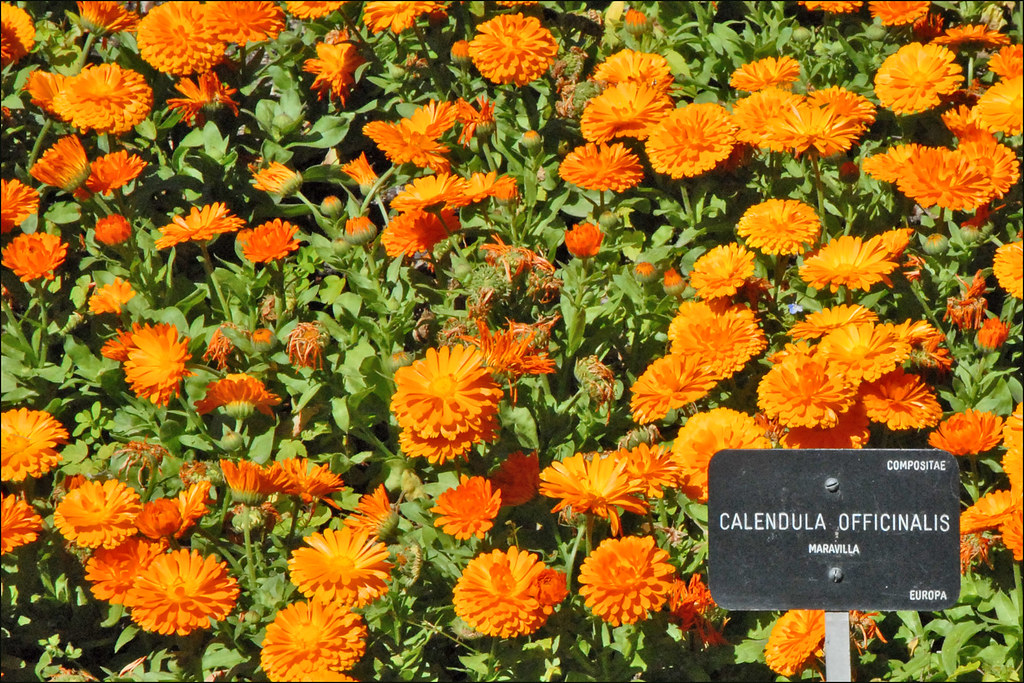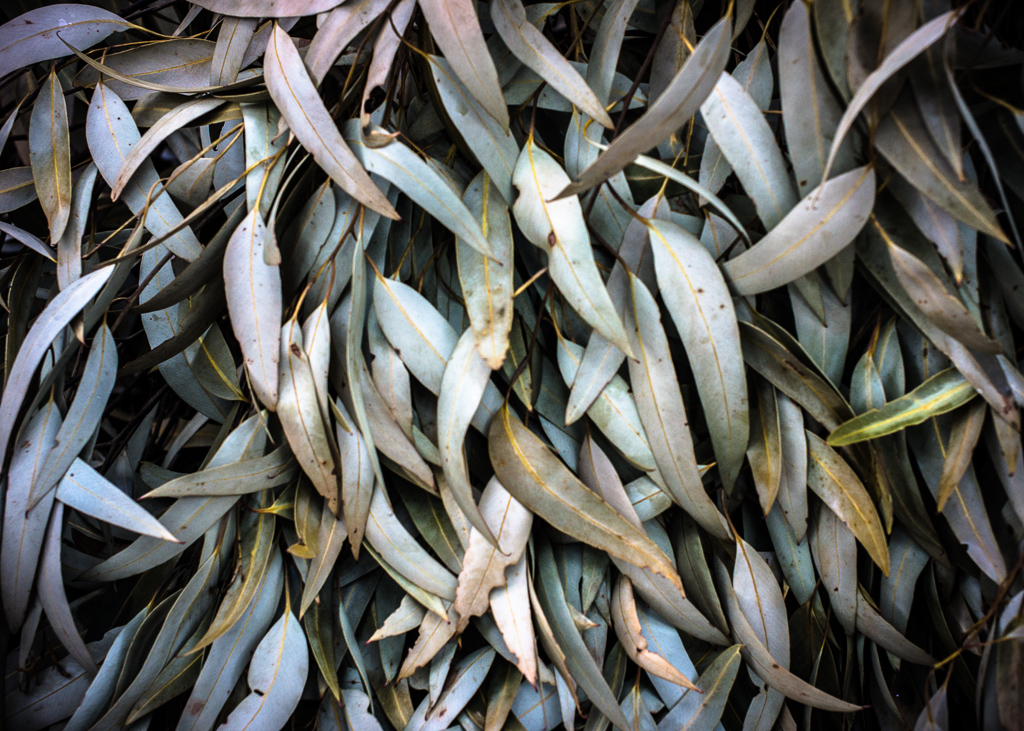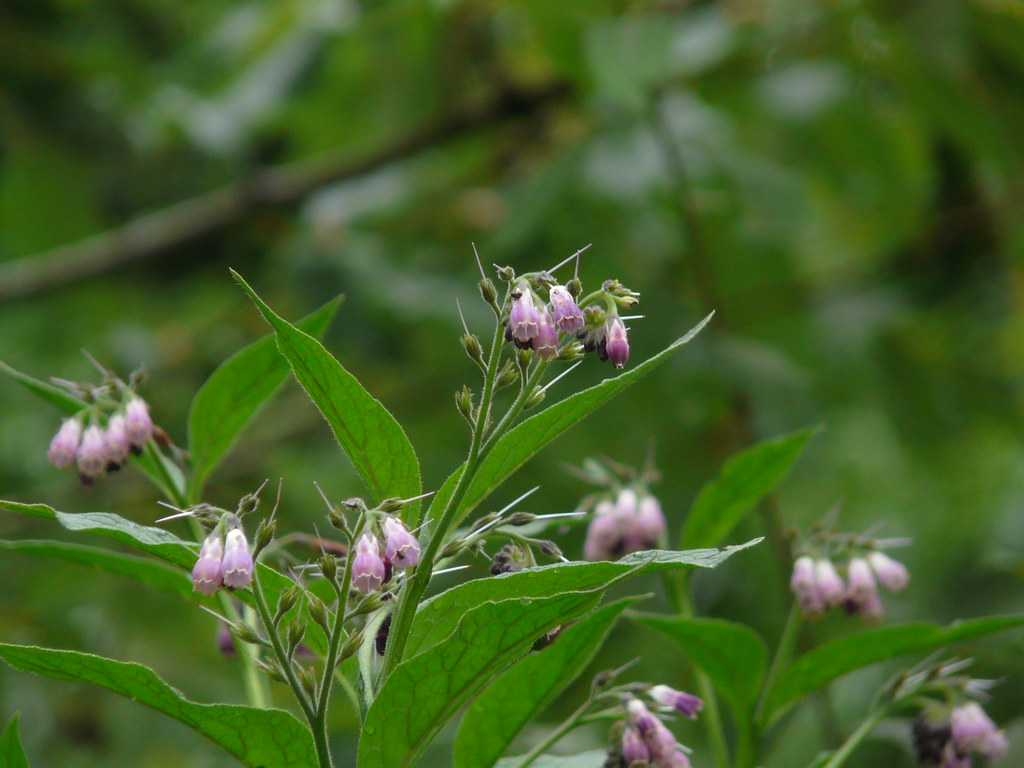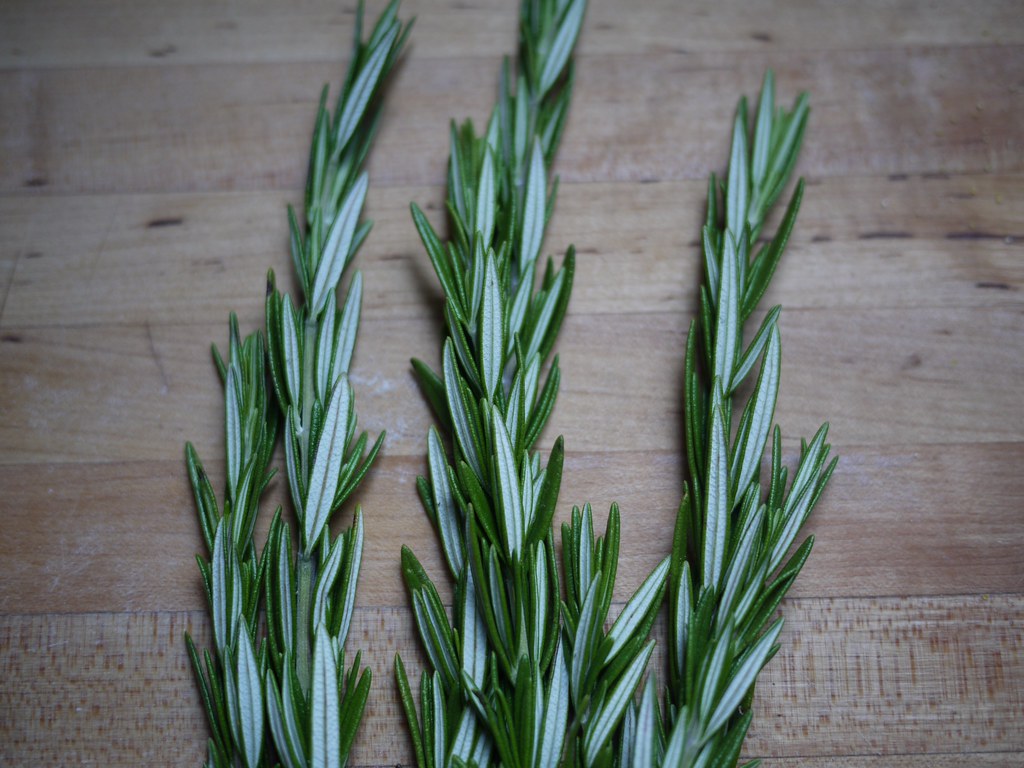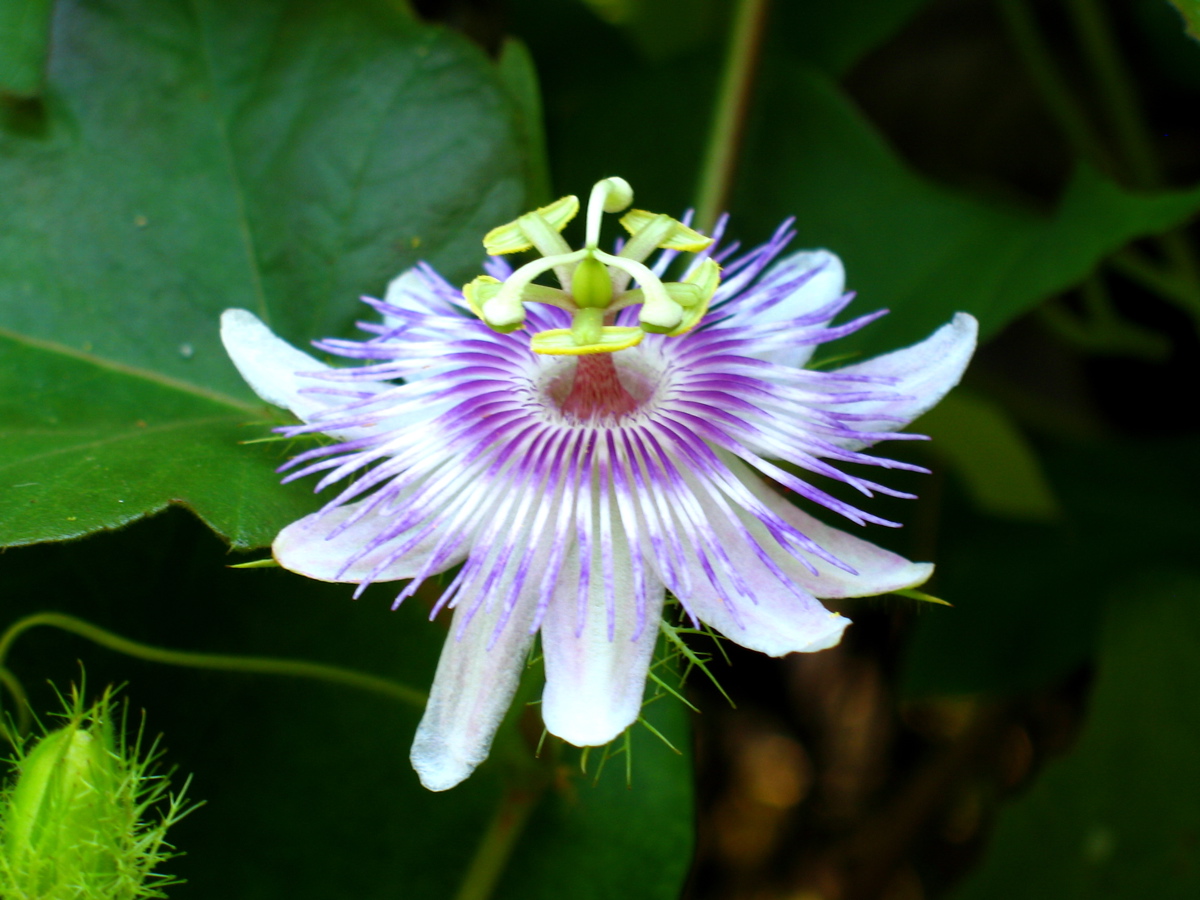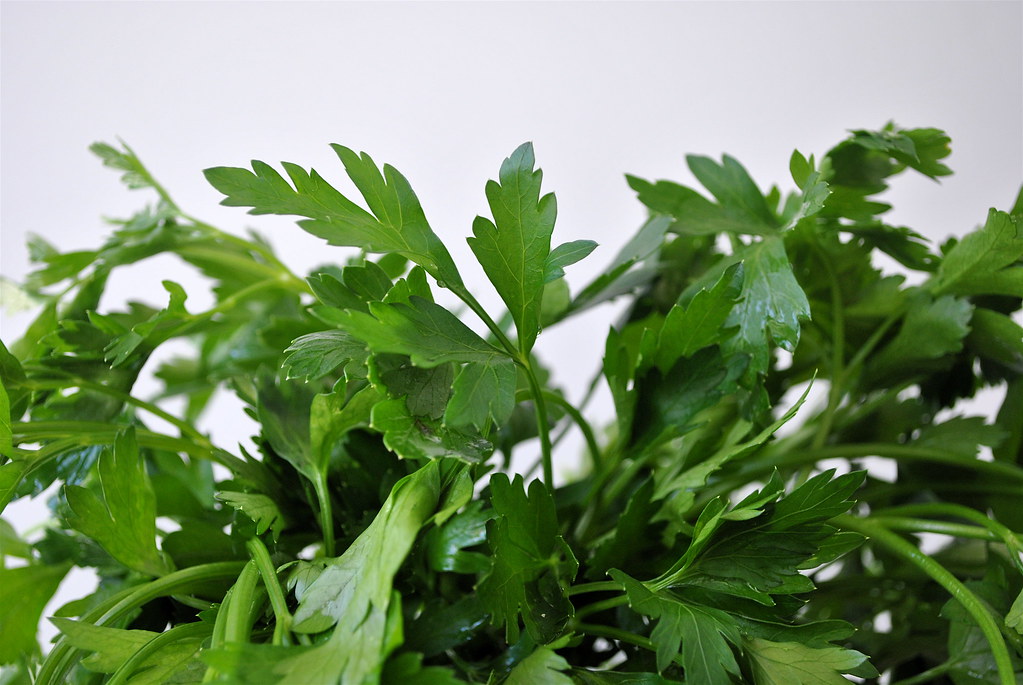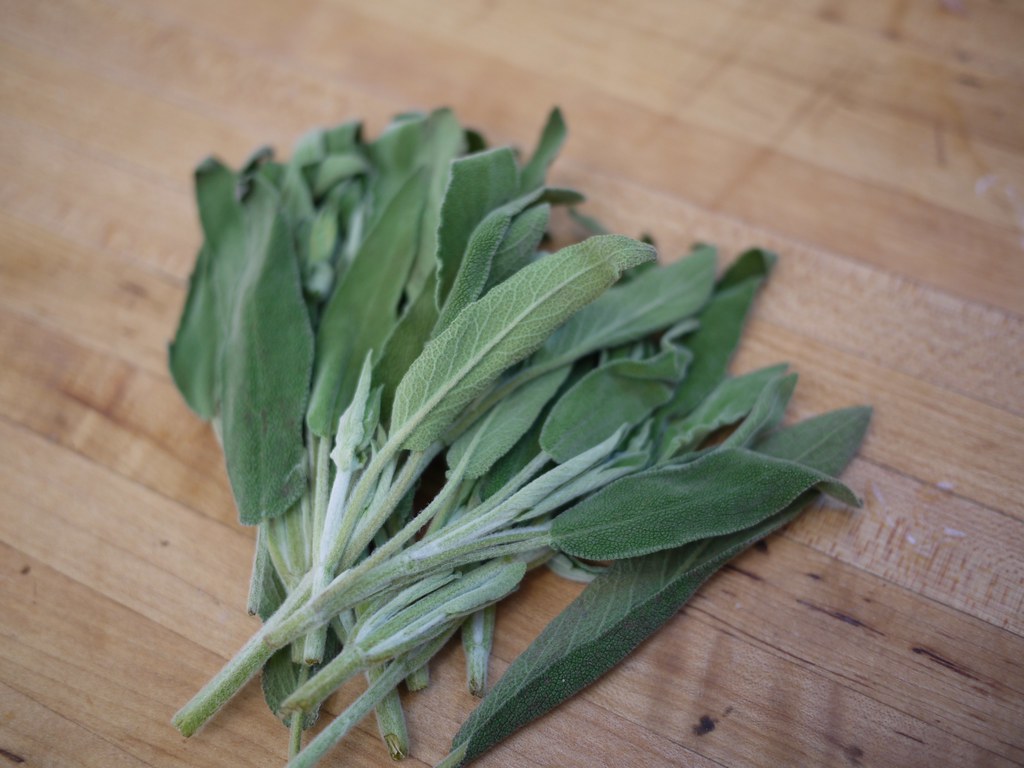Important note: As with most things of this nature, this is not professional medical advice. Always seek out your doctor’s advice on any kind of treatment, natural or otherwise, before taking it.
1. Ginger: Prevent nausea
Basics: Significant results have been found in ginger’s ability to ease nausea, even for motion sickness and chemotherapy patients. How to use it: Some specialists recommend taking ginger before the nausea sets in; for example, if you know you get airsick, you can chew ginger gum before takeoff. If taking ginger when nausea is already present, there are a variety of products including teas and candies that contain the root.
2. Chamomile: Promote sleep
Basics: There have been very few scientific studies on chamomile’s ability to encourage sleep, but it remains a popular herb for this purpose. How to use it: Chamomile as a sleep aid is typically taken as a warm tea, with many brands specifically marketing it as a “nighttime” or “sleepytime” tea.
3. Ginseng: Fortify energy levels
Basics: Ginseng root has been tested in a number of studies for its effectiveness at fighting fatigue, with significant (though few) results. How to use it: Ginseng can be found in a number of products including “natural” energy drinks, though as with all energy drinks these should be used with caution. You can also get ginseng in capsule form, often grouped with other herb and vitamin capsules at regular grocery stores, as well as health food and supplement stores.
4. Licorice: Soothe a sore throat
Basics: There has been some scientific examination of licorice root’s anti-inflammatory effects on sore throats, with promising results. How to use it: You can find teas and lozenges with licorice root at a variety of grocery and health food stores, as well as online.
5. Nettle: Treat dandruff
Basics: Despite the name, stinging nettle has a number of recognized medicinal properties including as an anti-inflammatory. It has also been used as a natural treatment for dandruff. How to use it: There are a few commercial shampoo products containing stinging nettle, though you may have better luck on sites like Etsy.
6. Black tea leaves: Reduce risk of heart problems
Basics: Black tea as a way to reduce the risk of heart-related problems has been loosely studied with hopeful finds, though more thorough testing is needed. How to use it: A couple cups of black tea a day is a good amount, and the caffeine will help you stay alert throughout your day.
7. Lavender: Ease stress and tension
Basics: Evidence from scientific trials suggests that lavender works well to relieve tension and stress. How to use it: Aromatherapy products such as oils, lotions, and herb pouches are all good ways of using the scent to relieve stress.
8. Cinnamon: Control blood sugar
Basics: A wide range of research suggests cinnamon is an effective way to manage blood sugar levels, particularly useful for people with Type II diabetes. How to use it: Cinnamon can be added to a variety of foods and beverages, and can be purchased in capsule form for a higher concentration.
9. Fennel seed: Ease bloating and indigestion
Basics: Fennel seed has shown promising results as a relief agent for bloating and constipation. How to use it: Fennel can be bought both in capsule form and as a tea.
10. St. John’s Wort: Treatment of mild depression
Basics: Extensive research as been done on the plant’s effectiveness in treating mild to moderate depression, and it is sold over the counter as such. How to use it: Capsules, tinctures, and teas containing St. John’s Wort can be found in health food and supplement stores and some grocery stores, as well as online.
11. Mint: Soothe an upset stomach
Basics: Mint seems to be a powerful cure for stomach aches, as well as being used for relaxation and as a diuretic. How to use it: Mint tea is the most common and popular way to ingest the herb.
12. Calendula: Prevent wound infections
Basics: More commonly known as marigolds, calendula has several practical uses, most notably as a wound healing agent. This is due to the plant’s antiviral and anti-inflammatory properties. How to use it: Topical ointments and creams containing calendula can be bought online or at health food and supplement stores.
13. Eucalyptus: Relieve lung congestion
Basics: Perhaps best known for being the food of choice for koalas, eucalyptus is also used as a cleaning agent and to treat lung problems. It appears to have an mucolytic (mucus-clearing) and anti-inflammatory component that works particularly well in this area. How to use it: Eucalyptus essential oil is a good option to keep by your bed or, if you can find it, use a vapor rub with eucalyptus as one of the primary ingredients.
14. Comfrey: Alleviate dry skin
Basics: Comfrey has had a somewhat controversial history in recent decades, and is now not recommended for any kind of internal use. Topical use of the plant is still pervasive, however, as it has shown a notable ability to treat dry or inflamed skin. How to use it: Though it may be harder to find them in mainstream product lines, you can often find comfrey soaps and lotions on sites like Etsy or anywhere else artisan grooming products are sold.
15. Chrysanthemum: heal the common cold
Basics: Chrysanthemum’s medicinal properties are not widely tested by Western scientists, but it is a popular part of Chinese treatments for colds and other mild sickness. How to use it: Warm chrysanthemum tea is recommended.
16. Rosemary: Improve your memory
Basics: This ultra-fragrant, evergreen herb has garnered interest in recent decades for medical and pharmaceutical uses, most notably as a mild memory enhancer. How to use it: Aromatherapy products such as essential oils can be found for rosemary, but the plant itself can leave a noticeable scent even when dried.
17. Passionflower: Reduce anxiety
Basics: There are around 500 species under the Passiflora genus, most of which are appreciated for their beautiful blooms as well as their tasty fruit. It has proven to be a viable treatment for some forms of anxiety. How to use it: Passionflower tea has a pleasant and sweet taste and can be found in both health food stores and most regular grocers. Tinctures and essential oils also exist.
18. Parsley: Fight bad breath
Basics: Parsley is packed full of vitamins and has some more specific uses, such as treating bad breath. This may be due in large part to the plant’s high concentration of chlorophyll, which has some evidence of treating halitosis. How to use it: Consuming it in your food, by itself, or in a blended drink are all good ways of using parsley for this particular ailment.
19. Tobacco: Treat bee stings
Basics: Tobacco is regarded for little else than its addictive nicotine content, but it also doubles as a surprisingly impressive way to treat bee and wasp stings. Tobacco acts as a sort of anesthetic to the area, possibly helping to draw out the sting’s toxins as well. How to use it: Unroll a cigarette and place the tobacco against the sting, then hold it down with a moist washcloth. The moisture is needed so that “juice” will flow to the sting.
20. Sage: Fight Alzheimer’s
Basics: This grey-green herb has a faint and pleasant smell, and much like rosemary has been said to boost memory recall. While this claim hasn’t been tested, studies have found that sage is a somewhat useful treatment for people with mild to moderate Alzheimer’s disease. How to use it: Sage can be administered in liquid elixir form or in capsules. Featured photo credit: Harvesting Herbs/Susy Morris via flic.kr
